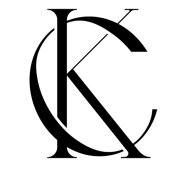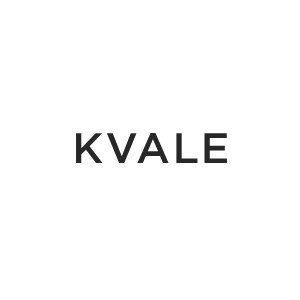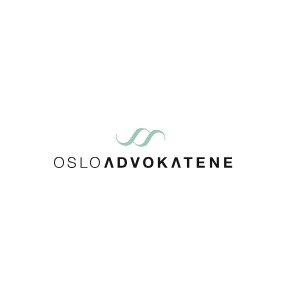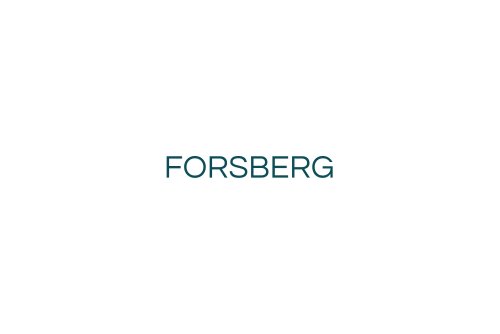Best Bankruptcy & Debt Lawyers in Oslo
Share your needs with us, get contacted by law firms.
Free. Takes 2 min.
List of the best lawyers in Oslo, Norway
About Bankruptcy & Debt Law in Oslo, Norway
Bankruptcy and debt law in Oslo, Norway, governs the processes and regulations concerning individuals and businesses facing financial distress. When someone is unable to pay their debts, bankruptcy can offer a legal procedure to resolve debts and distribute the debtor's assets among creditors. Debt management solutions are also available to help people and organizations manage and settle their financial obligations without declaring bankruptcy. Navigating these legal landscapes in Oslo requires an understanding of both national and local regulations, ensuring compliance and proper handling of financial matters.
Why You May Need a Lawyer
There are several scenarios where seeking legal advice in the field of bankruptcy and debt is essential:
- Filing for Bankruptcy: Understanding the complexities of filing for bankruptcy, including documentation, legal procedures, and potential outcomes.
- Debt Settlement: Negotiating with creditors to settle debts can be complex and requires a thorough understanding of your rights and obligations.
- Debt Collection Harassment: Addressing unlawful debt collection practices and protecting yourself from harassment by creditors.
- Business Insolvency: Navigating the legal framework for business insolvency, particularly for small and medium enterprises.
- Credit Counseling: Receiving professional advice on managing debt and avoiding future financial distress.
Local Laws Overview
Key aspects of local laws relevant to bankruptcy and debt in Oslo, Norway, include:
- Bankruptcy Laws (Konkursloven): These laws outline the procedures for declaring bankruptcy, including voluntary and involuntary filings, asset distribution, and the legal rights of creditors and debtors.
- Debt Settlement Proceedings (Gjeldsordningsloven): This legislation offers a framework for debt settlement processes, aimed at providing relief to heavily indebted individuals through structured repayment plans.
- Enforcement of Claims (Tvangsfullbyrdelsesloven): This law regulates the enforcement of claims, including garnishments, liens, and other measures creditors may use to collect debts.
- Consumer Credit Regulations: These rules protect consumers from predatory lending practices and ensure fair treatment in the credit market.
Frequently Asked Questions
What is the difference between bankruptcy and debt settlement in Norway?
Bankruptcy involves liquidating assets to repay creditors and may result in the dissolution of an entity, whereas debt settlement focuses on creating a structured repayment plan without necessarily involving liquidation.
How do I know if I should file for bankruptcy?
Consider filing for bankruptcy if you're unable to meet your debt obligations and other debt management strategies have failed. Consulting with a lawyer can help determine the best course of action.
How long does the bankruptcy process take in Oslo?
The duration of the bankruptcy process varies, but it typically takes several months to a year from filing to final resolution, depending on the complexity of the case and the assets involved.
Can I keep any of my assets if I declare bankruptcy?
Norwegian bankruptcy law allows for certain exemptions, meaning some personal assets may be protected from liquidation. Consulting with a lawyer can help identify what's exempt.
What happens to my debts after bankruptcy?
Unsecured debts are typically discharged in bankruptcy, meaning you are no longer liable for them. Secured debts may result in the loss of the collateral securing them.
How does the debt settlement process work?
The debt settlement process involves negotiating with creditors to create a manageable repayment plan, which must be approved by the court and adhered to over a set period.
Can a creditor object to my debt settlement plan?
Creditors have the right to object to a debt settlement plan, but their objections must be considered by the court, which has the final say in approving the plan.
Are there any alternatives to bankruptcy and debt settlement?
Alternatives include debt consolidation, negotiating directly with creditors, and seeking assistance from credit counseling services.
What are the consequences of bankruptcy on my credit rating?
Bankruptcy significantly impacts your credit rating, making it challenging to obtain new credit for a period typically ranging from five to ten years.
Do I need a lawyer to file for bankruptcy?
While not legally required, having a lawyer is highly recommended to navigate the complexities of bankruptcy law, ensure compliance, and optimize your outcome.
Additional Resources
Several resources are available to help those in need of legal advice in bankruptcy and debt matters:
- The Norwegian Courts Administration (Domstoladministrasjonen): Provides information on filing for bankruptcy and court processes.
- The Norwegian Financial Supervisory Authority (Finanstilsynet): Offers guidance on consumer protection and financial regulations.
- Debt Counseling Services (Gjeldsrådgivning): Various organizations offer free or low-cost counseling services for managing debt.
- The Brønnøysund Register Centre (Brønnøysundregistrene): Manages the bankruptcy register and provides public information on bankruptcies.
Next Steps
If you need legal assistance in bankruptcy and debt, consider the following steps:
- Consult a Lawyer: Seek professional advice from a lawyer specializing in bankruptcy and debt law to discuss your specific situation.
- Gather Documentation: Collect all relevant financial documents, including debts, assets, income, and expenses.
- Explore Options: Evaluate all available options, including bankruptcy, debt settlement, and alternative solutions.
- Plan Ahead: Develop a comprehensive plan with your lawyer to address your financial situation and work towards resolution.
Taking these steps can help you navigate the complexities of bankruptcy and debt issues, ensuring you make informed decisions for your financial future.
Lawzana helps you find the best lawyers and law firms in Oslo through a curated and pre-screened list of qualified legal professionals. Our platform offers rankings and detailed profiles of attorneys and law firms, allowing you to compare based on practice areas, including Bankruptcy & Debt, experience, and client feedback.
Each profile includes a description of the firm's areas of practice, client reviews, team members and partners, year of establishment, spoken languages, office locations, contact information, social media presence, and any published articles or resources. Most firms on our platform speak English and are experienced in both local and international legal matters.
Get a quote from top-rated law firms in Oslo, Norway — quickly, securely, and without unnecessary hassle.
Disclaimer:
The information provided on this page is for general informational purposes only and does not constitute legal advice. While we strive to ensure the accuracy and relevance of the content, legal information may change over time, and interpretations of the law can vary. You should always consult with a qualified legal professional for advice specific to your situation.
We disclaim all liability for actions taken or not taken based on the content of this page. If you believe any information is incorrect or outdated, please contact us, and we will review and update it where appropriate.
Browse bankruptcy & debt law firms by service in Oslo, Norway
Oslo, Norway Attorneys in related practice areas.














